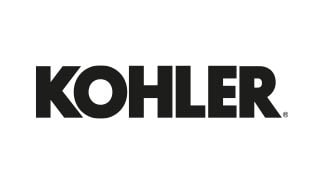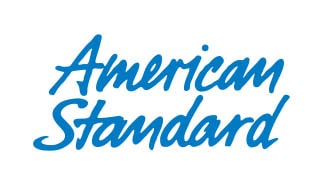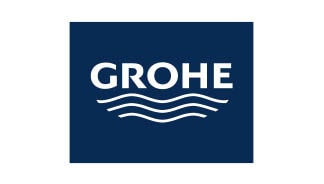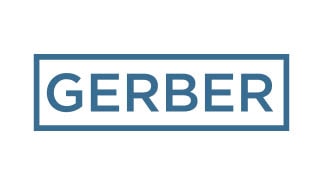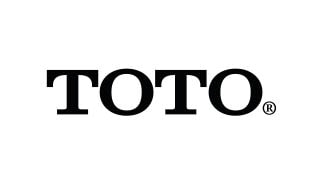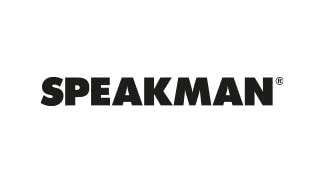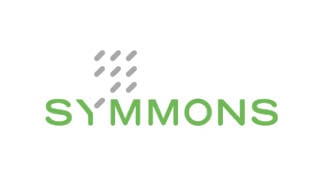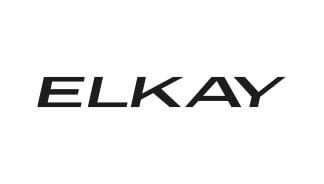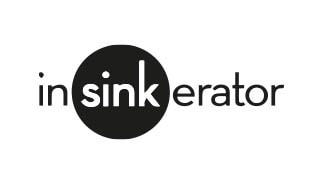Published on
December 13th, 2021Prevent Frozen Pipes in the Winter: Advice for NYC Property Owners
Whether you own a single-family home or a large apartment building in New York City, wintertime can be fraught with worry about potential property disasters. One of the most common questions we get at Sanitary Plumbing is how to prevent frozen pipes in the winter. Frozen pipes are not merely a nuisance; they can burst, causing damage to your plumbing system and property interior. Therefore, it’s essential to know how to work proactively to prevent frozen pipes in the first place. Follow these tips to reduce your risk of a frozen and burst pipe catastrophe.
Start with a General Winter Prep
Be ready for subzero temperatures and power outages
Before specifically addressing plumbing anatomy in your building, it’s smart to begin with an overall winter building prep. You can do all the insulating and thermostat work in the world, as described below, but if other parts of your get-ready-for-winter strategy are lacking, it will be useless.
For example, you should run your boiler and have it professionally serviced to ensure it doesn’t need cleaning, repairs, or parts replaced. If your heat doesn’t work properly, you put the entire home or apartment building at risk of frozen pipes when it breaks down. Likewise, check radiators to see that they’re working correctly, and make any necessary adjustments to the valves, steam return system, and the like. If you use electric heat, consider having a backup generator in case power fails in your neighborhood or across the region due to a storm.
Insulate Cold Areas
Protect chilly places around the property
Next, you want to think about insulating any large-scale cold areas of your home or building. Not only will this prevent frozen pipes, but it will help cut down on your heating fuel costs as well.
The coldest areas of your property will likely be the following:
- North-facing walls
- Attics and rooms directly beneath the roof
- Upper stories of high buildings
- Sides of the property with the greatest wind exposure
- Places that don’t get any sunlight during the day
- Under crawl spaces
- On the exterior, such as where garden hoses connect
- Garages and other unheated spaces
In most cases, you’ll want to talk to an insulation specialist about how to add insulation. They can suggest the right material for the degree of protection you need and often find ways to add insulation behind closed walls that minimize damage and disruption.
Apply Insulation to Vulnerable Pipes
Use spot protection where necessary
Sometimes insulating an entire wall or room isn’t required or practical. But you may still have a few pipes that are vulnerable to freezing on the coldest days of the season. In this instance, you can use insulation over those pipes to prevent freezing.
How do you know if a pipe is likely to freeze?
- You’ve had known problems with it freezing or bursting before.
- The pipe leaks, has visible cracks or holes, or couplings have become broken or loosened (signs of past freezing).
- Moisture or frost can be observed on the pipe during cold days.
- Appliances like clothes washers and dishwashers don’t run or drain when the temperature plummets.
- Tenants complain about only a tiny trickle of water coming from a spigot or no hot water from certain taps.
- The pipe feels ice cold in comparison to other pipes in the property.
There are dozens of kinds of pipe insulation these days that can fit over pipes, including curved sections and traps under sinks. Depending on the pipe’s location and how handy you are, you may be able to do the job yourself. For example, if you just have a few under-sink bath and kitchen pipes to protect, you can purchase insulation that you can cut to size with a utility knife, place over the pipe, and secure with adhesive that comes with it.
However, some insulation jobs may be a bit more complicated. If the pipe is in an unreachable spot behind or beneath an appliance or in a wall, that’s a job for a professional licensed plumber. Also, pipes that are close to water heaters and boilers are best left to the experts for insulation to ensure the job is done safely.
Install Programmable Thermostats
Keep heat from going too low
If you or your tenants are worried about running up your utility bills by leaving the heat on when you’re not home or while you’re sleeping, the solution is never to turn your heat completely off. During winter, your thermostat should never go below 55 degrees. Otherwise, you increase the likelihood of frozen pipes.
Instead, use a programmable thermostat to have your heat go on and off automatically at convenient times for you. You can set the heat to rise early in the morning and go down again after you’ve gone to sleep. Similarly, your place can warm up before you arrive home from work, but you don’t have to waste heat while you’re at the office.
Programmable thermostats today are better than ever. Some integrate with other home hub systems, like lights and window treatments. Others can be controlled remotely via a mobile device. There are even programmable thermostats that work with steam radiators via a thermostatic valve placed on the radiator itself.
Educate Tenants and Building Staff
Have a plan ready just in case
If you own or manage rental units, you need to make sure tenants and building staff are as equally savvy about preventing frozen pipes as you are. Let tenants know not to turn off the heat when they aren’t home, especially if they’re going to be gone for a while on vacation. Nor should building workers leave the heat completely off in vacant units or parts of the building under construction.
Educate tenants and building workers about the signs of vulnerable and frozen pipes. Have a plan in place in case New York experiences a deep freeze this winter, such as:
- Leaving taps dripping a little bit to prevent freezing
- Opening under-sink cabinet doors to let room air warm pipes
- Not running problem appliances until the temperature goes up
- Knowing how to gently thaw certain frozen pipes, using hair dryers or pipe heaters
If you own an apartment building, it’s vital to have a plan in the event of a burst pipe, since this can be caused by things other than freezing. Have your plumber’s number handy at all times in case of emergency.
Do you need help assessing pipes for the possibility of freezing or assistance insulating pipes in your property? Sanitary Plumbing can get the job done for you. Call us at 212-734-5000 or use our online form to schedule an appointment before you have a frozen pipe problem in your home or apartment building.
